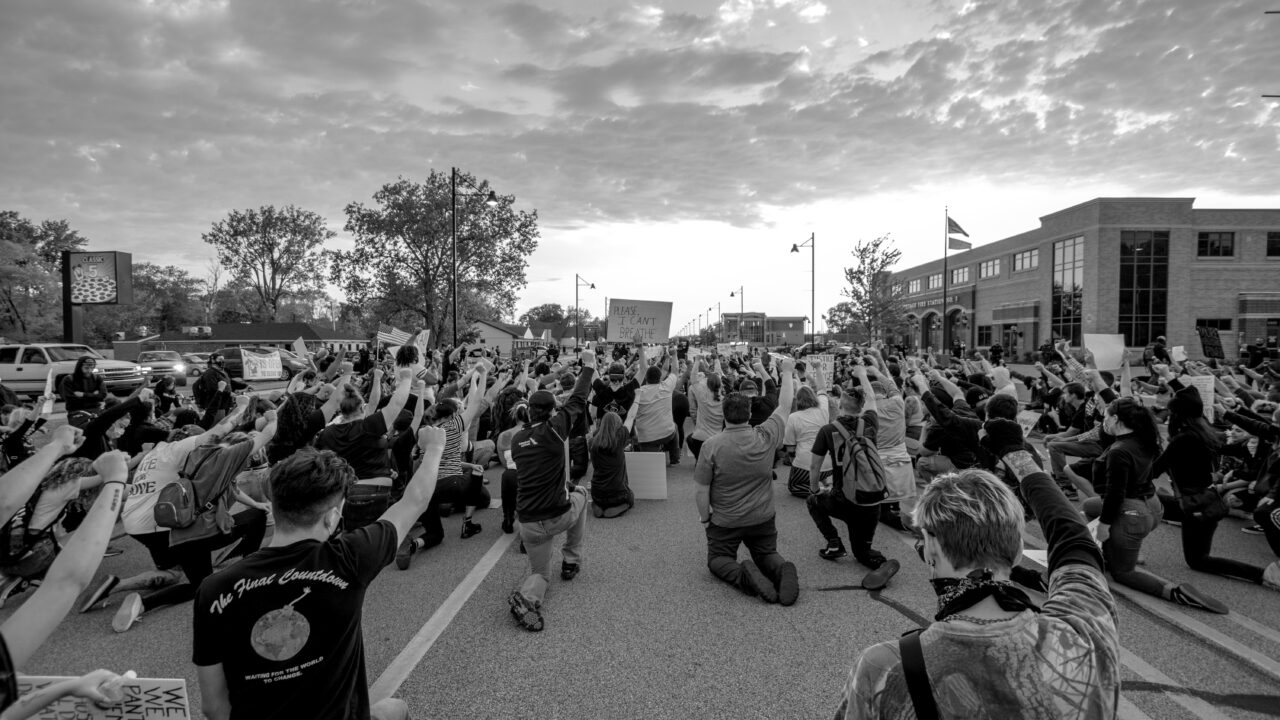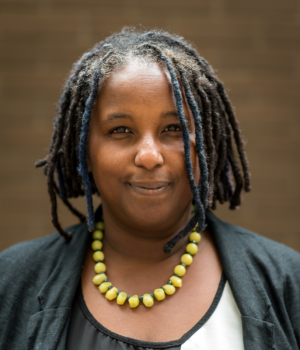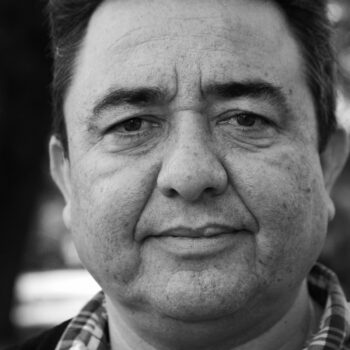Lauren Jacobs is the executive director of Partnership for Working Families, a network of regional coalitions advocating for progressive policy changes across the country. In her 25 years of organizing, Jacobs has used multiple tactics to organize workers. These days, she is learning from leaders in her network how to most effectively organize online — a critical site in the battle against disinformation. “I’m really committed to how to both not deny the realities and damage of racial capitalism upon specific communities,” Jacobs said, “but at the same time look for ways that we can build multiracial solidarity, a united front against these damages.”
Nelson Soza talked with Jacobs about the current political moment in the United States, how the failed insurrection on January 6 will shape our organizing work moving forward, and what kind of social movement we need to build to defeat this new wave of fascism. In Jacobs’s view, we narrowly dodged authoritarianism’s bullet; while the danger is far from over, she argues that this moment is also filled with opportunity thanks to the “multiracial movement that formed in many places to achieve this break in Trumpism.” This interview has been edited and condensed.
How do you interpret this political moment?
We narrowly avoided a return to power of a proto-authoritarian or wannabe authoritarian and what we have is we have a breather. And so this is a period that’s filled with enormous opportunity because there was a multiracial movement that formed in many places to achieve this break in Trumpism.
And we have to regard the events of January 6th like organizers. If we were organizing a company or workplace, and we were wondering about the solidity and militancy of the base, [and we asked:] “Will you run headlong into the batons of the company and get beaten back and then have pepper spray sprayed on you and still persist to run into the factory and occupy it?” And if we had thousands do that, we would say, “Wow, people are really angry at the boss.” You would assess that there’s a level of organization and cohesion amongst the base. That is what just happened with the other side. The other side just had a major advance in terms of its own organizing project.
Are we at a disadvantage at this point compared to the radical right wingers in online organizing?
Yes and no. Structurally, the algorithms reward extremism and a lack of ambiguity and that’s just not authentic organizing. Those of us that are committed to really developing the capacities of the people that we work with, we’re not going to make things black and white for folks. So those types of videos or tweets are just not as sticky in the same way.
I remember being struck by hearing this thing about QAnon spreading to a community of suburban yoga practitioners. I thought, “My god, this is crazy. It was able to morph itself to fit a unique subculture.” What I’m witnessing on the right is they seem very willing to meet people where they are and meet people in the social groups that they already exist in. This is not a new theory; it’s the roots of much of the work that SNCC, CORE, and the SCLC did in the South; the reason why the church [was] the base is that’s where people were. It wasn’t creating another thing and saying, “Everybody care about this. Come over here.” All of us are collectively challenged to think about: where are people now and how do we find them where they are?
What’s the relationship between class and the white supremacy movement?
The debates that have gone on about — “Is it class? Is it race?” — have been a bit silly because I don’t think there’s ever been a way that you can talk about class, in any serious way, in the United States without understanding race. It is how class is experienced. When we hear people articulating things around trucks and backyards and all of these cultural markers of what makes you “working class,” that’s equating a subculture of whiteness with a sense of being a worker. So people ascribe to actually fairly well-off militia members the moniker of working class and then later ignore or erase the mass base of working-class Black, Indigenous, Latinx, Asian, and immigrant people.
The other thing I’ve heard is, “Well, what happened on the 6th wasn’t purely race because there were people of color at the rally and at the attack on the Capitol.” And it’s a failure to understand how race is fluid and a signifier. It is not literal. It’s much more of a metaphor or way to understand how people articulate a closeness to power and wealth. Whiteness is really about your position in this society.
Are there any policies that the movement should advocate to try to dismantle this white supremacist movement?
I think the movement’s focus needs to be on building the kind of society we want and the kind of social organizations that can help realize that vision.
The continued deplatforming [of white supremacists is significant]. You cannot debate white nationalism or convince people out of it. It is not a free speech issue. You can not have somebody say, “My free speech thing is that I want to kill all these other people.” They need to be taken out of the public square.
My organization did a joint report with the Action Center on Race and the Economy about the plethora of nationalist merchandise that was on Amazon and the ways in which neo-Nazi groups use the promotion of self-published Kindle books to generate income. So, we need to figure out the ways all those pipelines are shut down and their organizing is hampered. But I think the biggest disinfectant to them is to be building within government but then also outside.
What kind of power do we need to build to stop these folks?
The movement needs to be ambitious about the size it needs to get to. I also think there’s a question about a popular front. There may be portions of different class groups or formations that we don’t totally agree with on everything but they’re right on the big questions: “No, we’re not going to do Nazis in power, and no, we’re not going to have thousands of people thrown out of their apartments and onto the streets, and no, we’re not going to have people dying by the hundreds of thousands.” On those big questions, who can we make alliances with? I do think we’ve got to be a little bit more disciplined in how we’re thinking about different levels of our work: what’s the purpose, where does the organization in which we’re functioning fit in, who am I trying to speak to when I’m doing this?
What are some successful examples of organizers fighting white supremacy, and what can we learn from them?
I really encourage folks to listen to the podcast series, “It Did Happen Here,” which is the people’s history of what happened when neo-Nazis came to Portland in the ’80s and ’90s.
And then I certainly think the uprising this summer is critical to understand. The institutions and organizations in the Movement for Black Lives have a lot to teach people because it wasn’t, “Let’s come in and direct it.” It was like, “We are part of it, and it also has a bigger life than can be contained within these organizations.”


